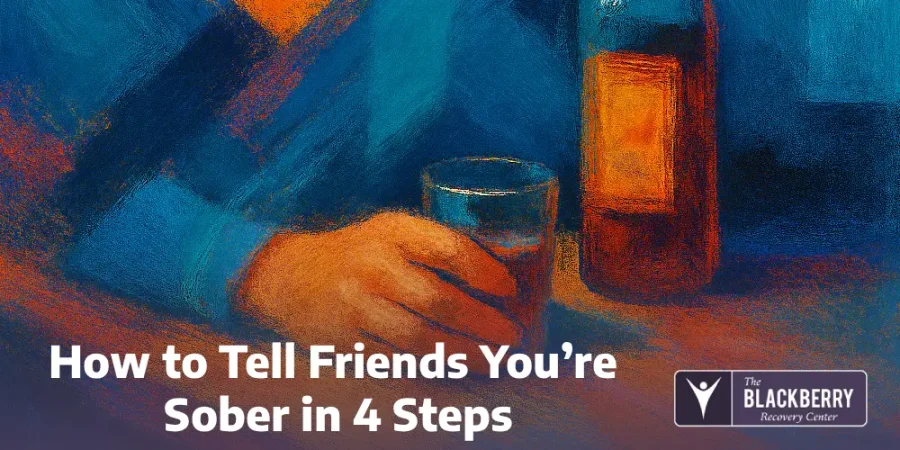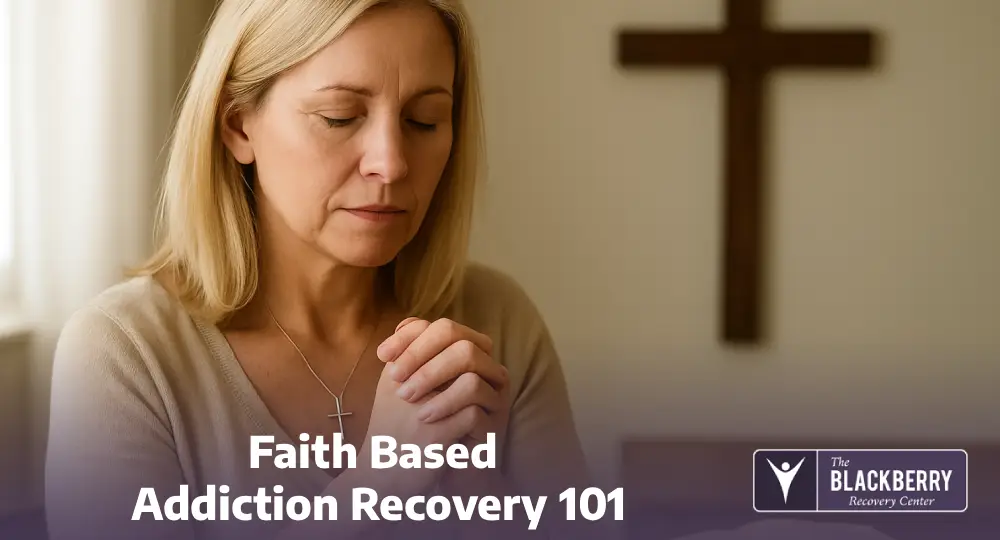So you made a decision to stop drinking and/or using drugs. Now, you’re in in a recovery program or maybe you’re still researching your treatment options. Either way, congratulations! Taking those steps is the hardest part, but there are other challenges ahead, including how to tell friends you’re sober.
Let’s look at what you can do to help your friends understand your new journey.
Understanding the road ahead
- talking about your new journey
- navigating loved ones’ expectations of you
- considering which invitations to accept and which to avoid
- accepting that some loved ones may not support your new lifestyle
- rebuilding relationships that were damaged by your substance abuse

Understanding the road ahead
Drugs and alcohol won’t be there to mask your anxiety or give you the confidence to face stressful circumstances. The confidence will have to come from inside yourself.
Opening up with loved ones
It may seem like common sense to expect your friends and family to support your choice. The National Institute on Drug Abuse recommends loved ones speak up when they see a friend or family member needs help recovering from an addiction. You may have talked to loved ones about your desire to be sober before. Or maybe your family staged an intervention and that was the turning point for you.
But having a strong support system is not always the case. You may have friends who don’t understand that addiction is a chronic disease. Or maybe they don’t want to give up the good times you had while abusing drugs and alcohol together.
The reality is this: it takes quite a bit of courage to admit you have a problem and ask for help. Deciding how to tell friends you’re sober isn’t something you’ll do just once. Instead, your addiction and your recovery will become a part of the fabric of your life’s story. Think about the conversations that may arise when you:
- enter and leave treatment
- reminisce with old friends
- are invited out to parties and events
- build new relationships
- catch up with loved ones at family reunions
- choose new hobbies and activities to help you recover
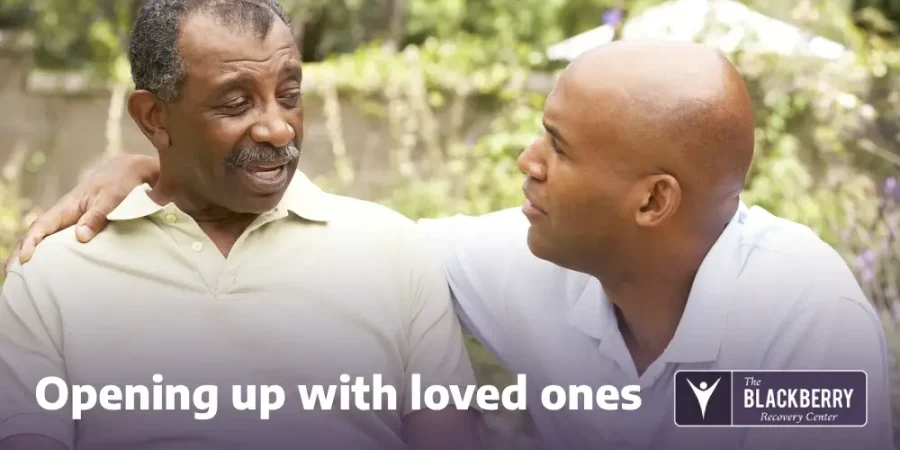
Opening up with loved ones
How to tell friends you’re sober
Claiming your sobriety will bring you new challenges each day. But with day, your mental health, your physical health and your overall resolve will become stronger. Let’s look at 4 tips to help you overcome those challenges:
Tip #1) Make your initial announcement

Tip #1) Make your initial announcement
This doesn’t have to be a long discussion if you are not comfortable with it.
If you’re out with colleagues after work and drinks are offered, you can simply decline and leave it at that. If your friends pop over for a pool party with beer in hand, it’s fine to say you don’t drink anymore and leave it at that. And if your family asks you to pick up alcohol for your summer reunion, you can say you don’t feel comfortable with that because you no longer drink.
You can provide longer explanations if and when you are ready. Choosing how to tell friends you’re sober for the first time is a personal choice – and it will be a personal victory.
Tip #2) Steer clear of your old haunts
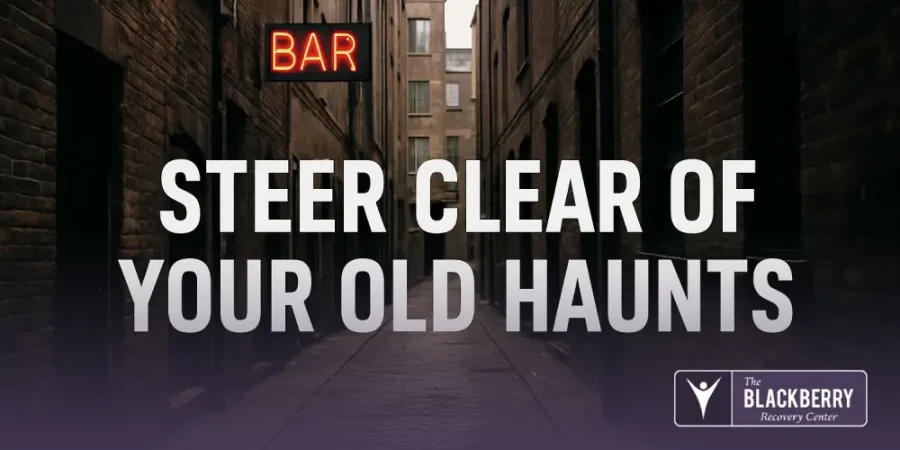
Tip #2) Steer clear of your old haunts
In early recovery, it’s not a good idea to visit places or people who may trigger you to use. You may also decide to steer clear of such triggers well into your recovery.
If you have friends or family who know you’re in recovery and are still inviting you to such places, it’s fine to establish boundaries. Tell them you won’t see them until they can support your new lifestyle.
Lean on loved ones who want to see you succeed in your sobriety. Find new places to hang out and new ways to spend your time.
Tip #3) Choose new hobbies
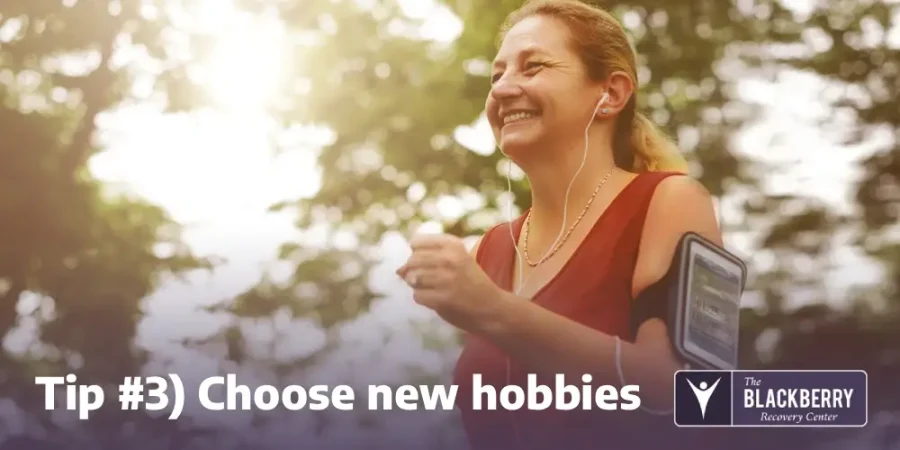
Tip #3) Choose new hobbies
Speaking of finding new ways to spend your time, choosing new hobbies and activities is a fabulous way to support your newfound sobriety. Always wanted to take up running? Learn how to paint? Practice yoga? Take a road trip? Now is the time!
Tip #4) Come to terms with your new journey
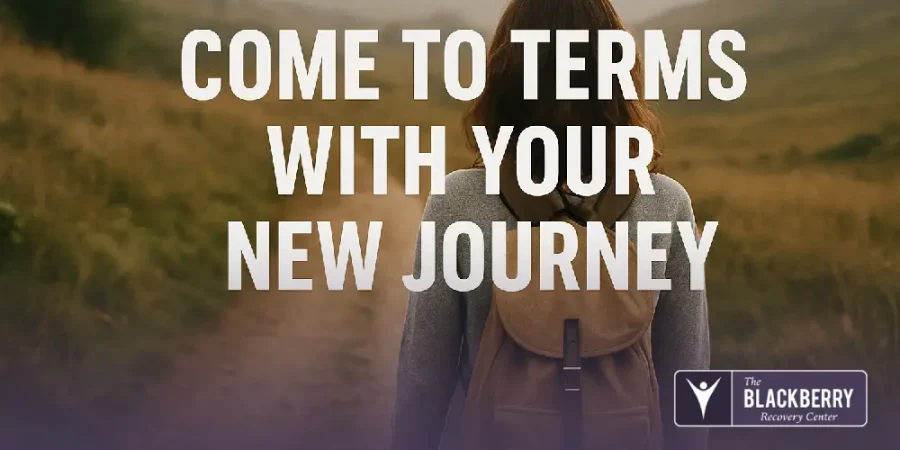
Tip #4) Come to terms with your new journey
So you’ve made the decision to stop using, announced it to loved one, found new spots to hang out and picked up some new hobbies. That’s quite a lot to be be proud of!
Some things may overwhelm you. Some things may seem scary. And some things may take time to adjust to. All of those feelings are to be expected, and all are perfectly OK to experience at your own pace.
Reach out for support when you need it. Ask for space when you need it.
Video
Sober curiosity: A movement away from alcohol
Having a drink with friends to celebrate — or to unwind — is an accepted part of many people’s lives. But more Canadians, especially younger ones, are turning away from alcohol. It’s known as “sober curiosity,” and it’s more than a temporary break, it’s a way to create long-term habits for our physical and mental well-being.
News Audio
For Dry January, we ask a music critic for great songs about not drinking – NPR
For those who’ve discovered that Dry January has been more excruciating than expected, we have help: a dive into great songs that explore sobriety.
“I’m coming up on five years sober so this is all extremely personal to me,” says music critic Sasha Frere-Jones, who worked at The New Yorker for a decade. His 2023 memoir Earlier reflects on his coming of age in New York City, his trajectory as a writer and musician, his family and his recovery from alcohol abuse.
FAQ
- How do I tell my friends I’m sober without making it awkward?
Be honest and straightforward, but keep it simple. You don’t need to over-explain—just share that you’ve chosen sobriety for personal reasons. - What if my friends pressure me to drink anyway?
Set clear boundaries and stand firm. True friends will respect your decision, while those who don’t may not be the best influences. - Should I avoid parties or social events after becoming sober?
In the beginning, it can help to avoid triggering environments. Over time, you may feel more comfortable attending events with supportive friends. - How can I find friends who support my sobriety?
Look for sober communities, local support groups, or hobby-based meetups where alcohol isn’t the focus. - What if my sobriety changes my friendships?
That’s normal—relationships may shift, but it opens space for healthier and more supportive connections in your life.

